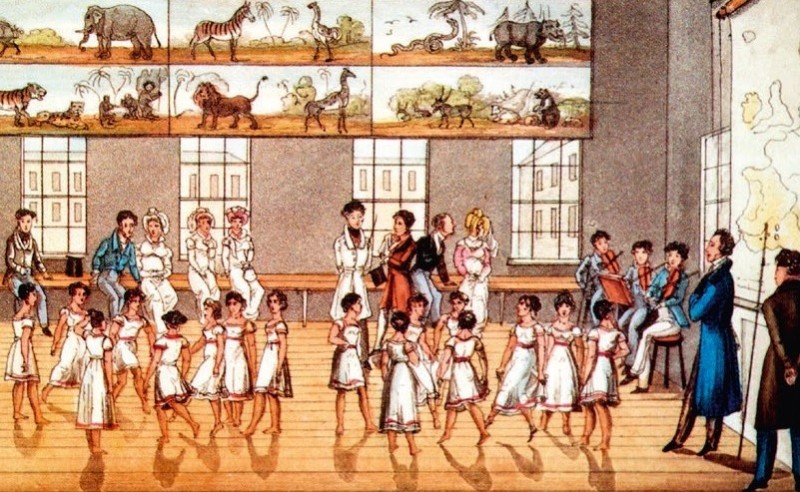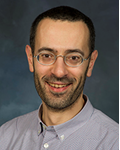
By Oscar Odena.
Robert Owen’s vision of education for all outlined the importance of arts education for personal development as well as for community cohesion. His vision of education comprised not just reading and writing but aesthetic appreciation, music and dancing, in order to achieve everybody’s holistic development and a sense of inclusion. His New Lanark experiment provided new hope for working class communities and placed holistic development at the centre of social change. This vision, which advocated for a minimum working age so children’s early years could be devoted to education, was very advanced for the early 19th century and was not accepted by mainstream society during his lifetime.
Two centuries after the New Lanark experiment, music education activities are currently used to develop social inclusion in a number of contexts internationally. For example, in Australia, activities involving music and dance are being used to cultivate the feelings of belonging of newly arrived migrant children. In Spain, school music festivals have been used for reducing the absenteeism of Roma children and for promoting the inclusion of disaffected school learners. And in England, music education projects have been used to re-engage disaffected students – for more information see my chapter on ‘Musical creativity as a tool for inclusion’. In these international contexts there are different aims and approaches to using music as a tool for inclusion. Important practical implications from the literature are that new initiatives would need to focus on disadvantaged contexts and focus on younger people, as this appears to maximise their impact.
A number of issues remain which would merit further research. What are the effects of such educational activities on the children’s later development of identity and civic values? What may be their effectiveness when implemented across a number of settings? And what is the degree of transferability of ideas across different countries, regions and contexts? To study the above questions comprehensive enquiries are needed that engage all actors involved, including the children. Owen’s vision of social change through holistic education for all is now part of mainstream thinking. However, in a globalised society experiencing increased inequalities, there remains much applied research to be done if we are to promote more equitable education systems.
[image: children dancing at New Lanark, from New Lanark World Heritage Site]
About Oscar:
 Oscar joined the University of Glasgow in January 2013. Originally from Spain, he has conducted educational research in a range of contexts nationally and internationally, including in England, Scotland, Northern Ireland, Catalonia and The Republic of Ireland. More information on Oscar can be found on his Glasgow University webpage. You can contact him at oscar.odena@glasgow.ac.uk
Oscar joined the University of Glasgow in January 2013. Originally from Spain, he has conducted educational research in a range of contexts nationally and internationally, including in England, Scotland, Northern Ireland, Catalonia and The Republic of Ireland. More information on Oscar can be found on his Glasgow University webpage. You can contact him at oscar.odena@glasgow.ac.uk

